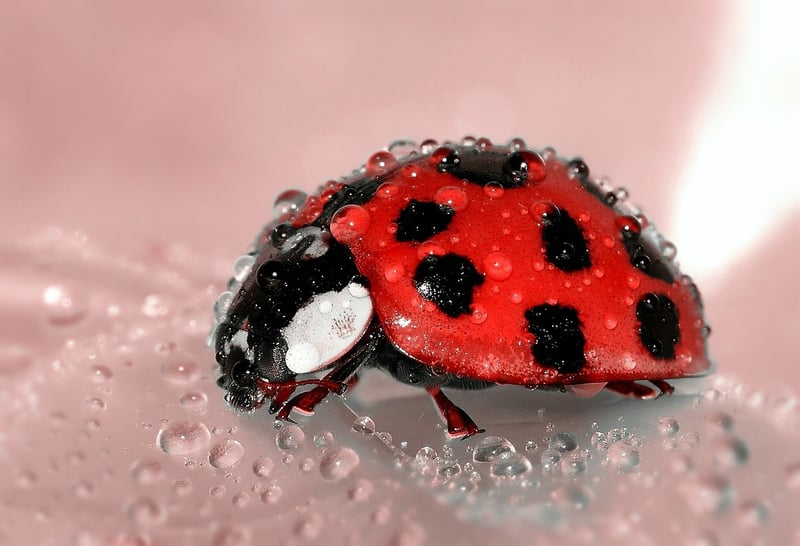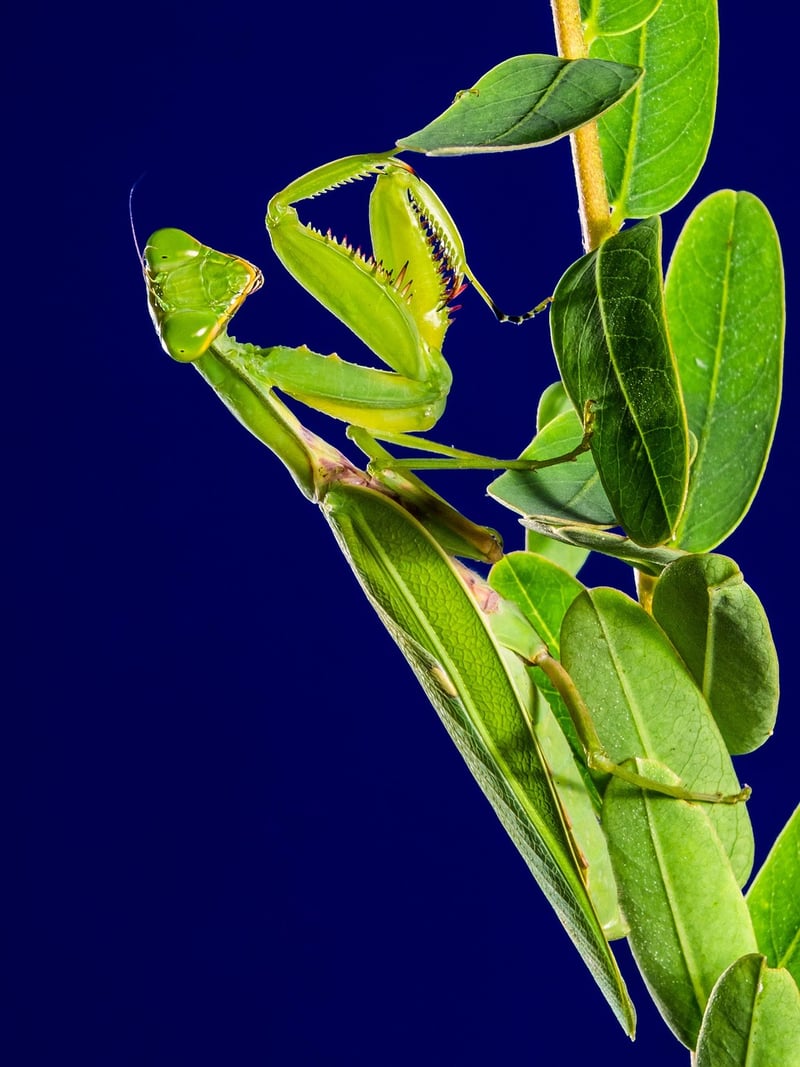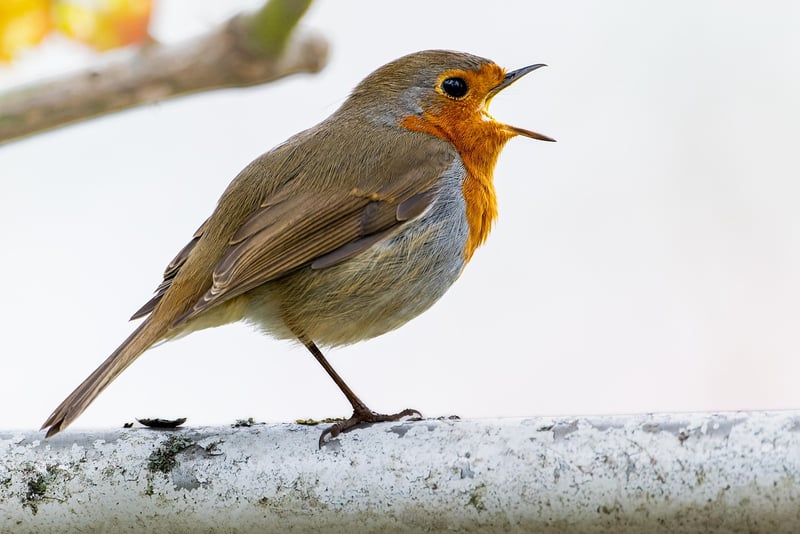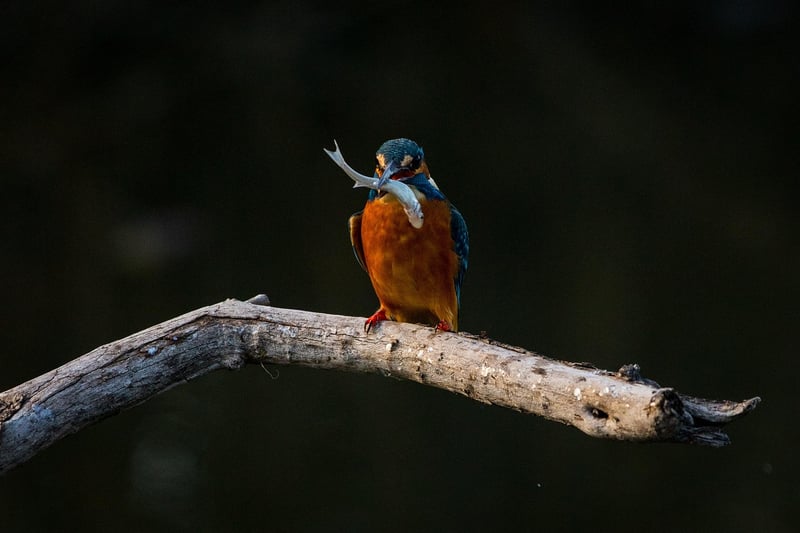Natural Predators
Dealing with Garden Pests and Harnessing the Power of Natural Predators
Gardening can be a delightful and rewarding hobby, but it often comes with the challenge of dealing with pesky garden pests. These unwelcome visitors can wreak havoc on your plants, causing damage and frustration. However, there's a natural and eco-friendly way to address this issue - by harnessing the power of natural predators. Let's explore how you can effectively manage garden pests while promoting a healthy and balanced ecosystem in your garden.
Identifying Common Garden Pests
Before you can tackle the pest problem in your garden, it's essential to identify the culprits. Common garden pests include aphids, caterpillars, snails, slugs, and beetles. These pests can quickly multiply and decimate your plants if left unchecked.
Natural Predators to the Rescue
Nature provides us with a built-in pest control system in the form of natural predators. By attracting and supporting these beneficial insects and animals in your garden, you can keep pest populations in check without resorting to harmful chemicals.
1. Ladybugs
Ladybugs are voracious eaters of aphids, mealybugs, and other soft-bodied insects that can damage your plants. Encourage ladybugs to visit your garden by planting pollen and nectar-rich flowers like marigolds, daisies, and fennel.

2. Praying Mantis
Praying mantises are stealthy predators that feed on a wide range of garden pests, including caterpillars, beetles, and even other insects. Create a welcoming habitat for praying mantises by providing tall grasses and shrubs for them to hide in.

3. Birds
Birds such as robins, wrens, and sparrows are natural predators of many garden pests, including caterpillars, snails, and beetles. Install bird feeders, birdbaths, and birdhouses to attract these feathered allies to your garden.

Cultural Practices for Pest Management
In addition to attracting natural predators, practicing good garden hygiene can help prevent pest infestations. Regularly inspect your plants for signs of damage, remove any diseased or infested plant material, and maintain proper spacing between plants to improve air circulation.
Conclusion
By embracing natural predators and implementing effective pest management strategies, you can protect your garden from harmful pests while fostering a biodiverse and sustainable ecosystem. Remember, a healthy garden is a balanced garden where nature's delicate harmony thrives.
